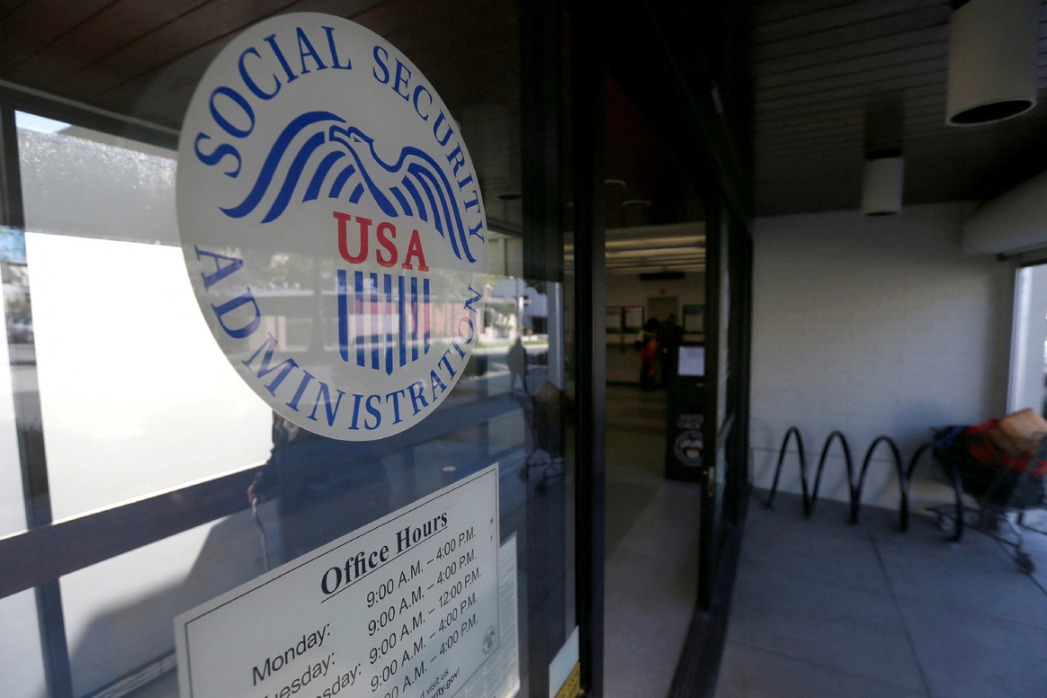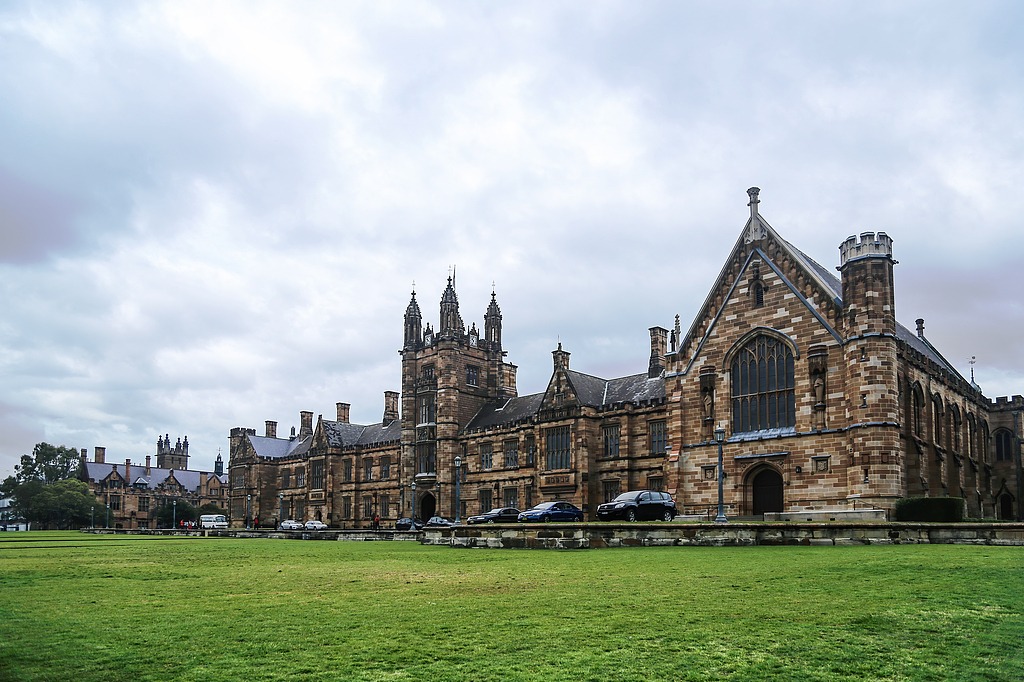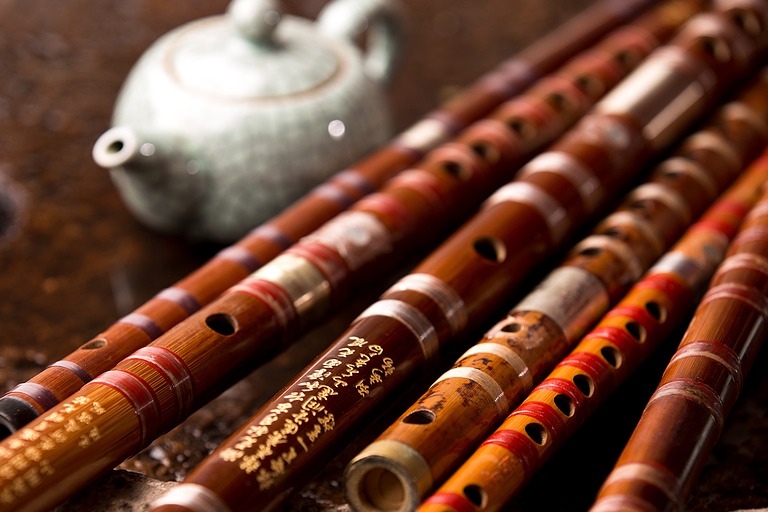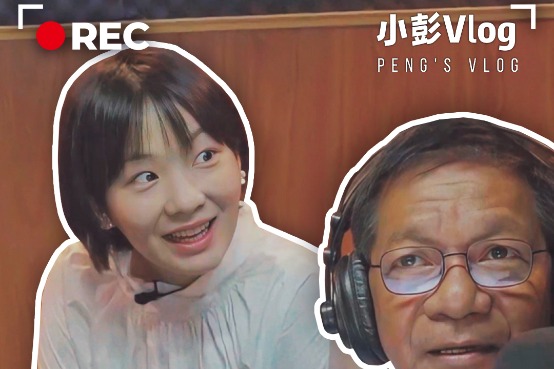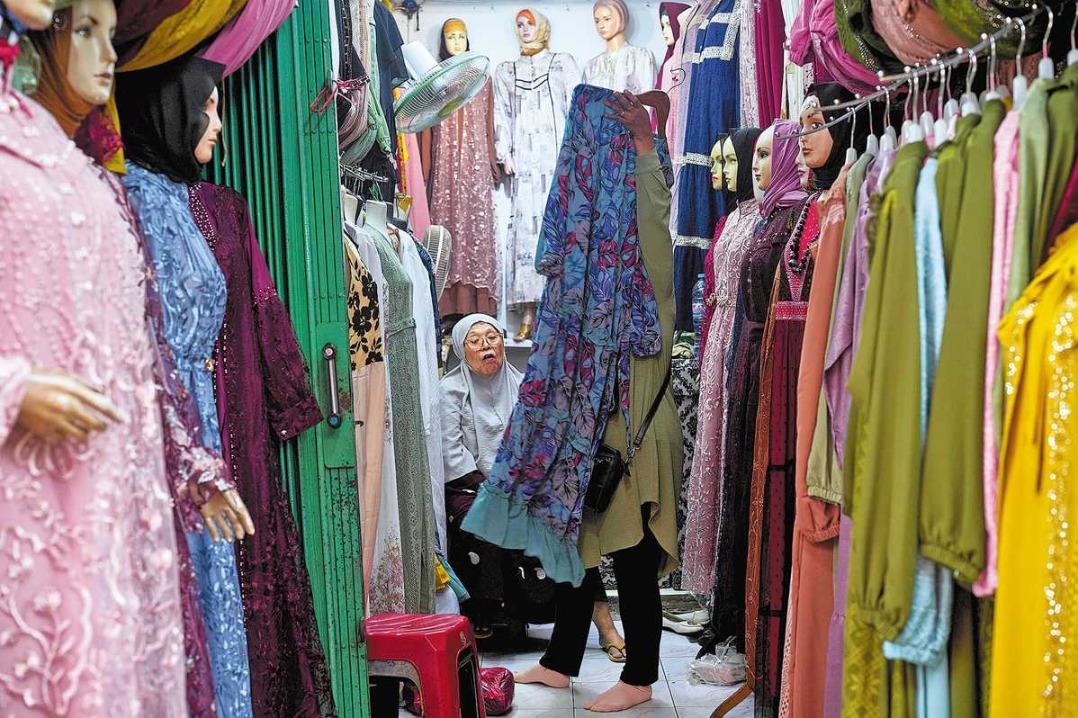Experts call for civilizational dialogue

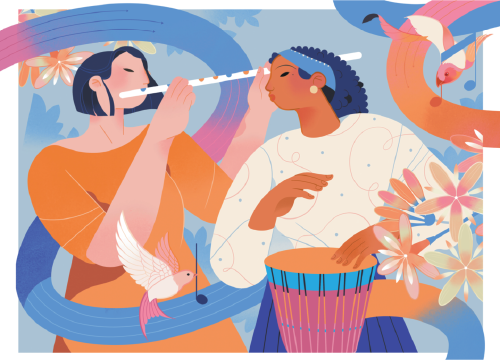
China and Africa should enhance mutual learning from their civilizations and work together to pursue modernization paths that best suit them, while upholding multilateralism in a turbulent world, say senior officials and experts from both sides.
At the fourth Conference on Dialogue Between Chinese and African Civilizations, hosted on Wednesday by the Chinese Academy of Social Sciences and Egypt's Suez Canal University in Ismailia, Chinese and African representatives praised China's approach to global civilizations, which features respect for diversity, while criticizing the United States for adopting an opposite stance, the latest tariff war being an example.
"Our world faces intertwined crises: geopolitical conflicts escalate, 'decoupling and breaking chains' practices intensify," said Gao Xiang, president of the Chinese Academy of Social Sciences.
"At the same time, the Global South rises rapidly. Outdated mentalities — hegemonism, unilateralism and the 'clash of civilizations' — still obstruct international fairness and justice.
"Human society needs wisdom beyond zero-sum games more than ever, and is more eager to find a path for different civilizations to coexist and prosper."
The China-proposed Global Civilization Initiative provides an answer by upholding the principles of equality, mutual learning, dialogue and inclusiveness among civilizations, he said. It encourages countries to promote the building of a community with a shared future for mankind based on mutual respect and equal dialogue.
Ezzat Saad, director of the Egyptian Council for Foreign Affairs, criticized the US' unilateral trade policies and called for deeper mutual learning between China and Africa to pursue modernization in their own ways.
"The new American approach reflected in President (Donald) Trump's controversial rhetoric toward Africa, in the context of his 'America First' policy, represents a serious challenge for many African countries," Saad said.
This will push African countries to seek alternatives that reduce dependence on the West — harnessing African resources and strengthening partnerships with friendly, like-minded countries such as China, he said.
Modernization path
The Chinese path to modernization, which derives from its own civilization and upholds peace and development, is a contrast to Western models and offers valuable experiences for Africa's own, innovative approach to modernization, he said.
"The Chinese-style modernization theory has broken the myth of 'modernization is Westernization', presenting a new image different from the Western modernization model that does not take into account the diverse and disparate conditions of the world's countries."
Liao Liqiang, Chinese ambassador to Egypt and the Arab League, said the recent US tariff measures go against diversity of global civilizations and shared human values.
"China's fighting against hegemony is not only in the interests of itself. It is also aimed at maintaining fair world trade, the rules of the World Trade Organization, diversity of human civilizations, and the common interests of the international community," he said.
Peter Kagwanja, president of the Africa Policy Institute in Kenya, said concerted global efforts are needed to fight unilateralism and Western hegemony, and to uphold multilateralism and establish a multipolar world.
In contrast to the failure of Western-style modernization in Africa, the success of Chinese-style modernization offers valuable inspiration, he said, urging joint efforts by China and Africa to promote modernization.
"In four decades, Chinese-style modernization enabled China to lift an estimated 850 million of its citizens from the clutches of extreme poverty and soared the country to the world's second-largest economy," he said.
"It inspired Africa to seek its own in the new millennium, as Africa embarked on its own path to modernization to realize its development aspirations."


















